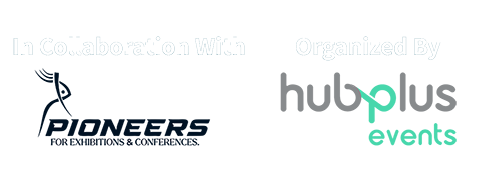Emerging Technologies and Innovations in Africa’s Medical Device Industry
Africa’s medical device industry is undergoing a remarkable transformation, driven by the integration of emerging technologies and innovations. These advancements are revolutionizing the healthcare landscape, providing better diagnostics, patient care, and management, particularly in remote and underserved areas.
Artificial Intelligence (AI) and the Internet of Things (IoT) are at the forefront of this technological revolution. AI’s ability to analyse vast amounts of data quickly and accurately is enhancing the functionality of medical devices. For instance, AI-powered diagnostic tools can analyse medical images, such as X-rays and MRIs, with greater accuracy and speed than traditional methods. This leads to earlier and more accurate diagnoses, which are critical for effective treatment.
IoT, on the other hand, connects medical devices to a network, allowing for real-time monitoring and data collection. This connectivity enables healthcare providers to track patients’ vital signs continuously, even when they are not in the hospital. Devices such as smartwatches and wearable sensors can monitor heart rate, blood pressure, and glucose levels, sending alerts to both patients and doctors if any abnormalities are detected.
The development of portable and wearable medical devices is another significant trend. These devices offer convenience and flexibility, making it easier for patients to manage their health. For example, portable ultrasound machines allow for point-of-care imaging in rural and remote areas where access to traditional imaging equipment is limited. Wearable devices like fitness trackers and smartwatches not only monitor health metrics but also encourage users to maintain healthy lifestyles through activity tracking and health-related reminders.
One of the most impactful benefits of these technological innovations is the improvement in healthcare accessibility. In many African countries, rural and remote areas often face significant challenges in accessing quality healthcare. The introduction of portable and wearable medical devices is bridging this gap, providing critical health services to populations that would otherwise be underserved.
For example, telemedicine platforms equipped with AI and IoT capabilities enable healthcare providers to conduct virtual consultations with patients. These platforms can utilize data from wearable devices to assess a patient’s condition remotely, reducing the need for travel and making healthcare more accessible and affordable.
While the integration of emerging technologies in Africa’s medical device industry presents numerous benefits, it also comes with challenges. The high cost of advanced medical devices can be a barrier to widespread adoption. Additionally, there is a need for robust infrastructure, including reliable internet connectivity and power supply, to support these technologies.
However, these challenges also present opportunities for innovation and investment. Governments and private sector stakeholders are increasingly recognizing the importance of investing in healthcare infrastructure and local manufacturing capabilities. Public-private partnerships are being formed to finance and develop the necessary infrastructure to support the deployment of advanced medical devices.
In conclusion, the integration of emerging technologies such as AI and IoT in Africa’s medical device industry is transforming healthcare delivery across the continent. These innovations are not only improving diagnostics and patient care but also enhancing healthcare accessibility, particularly in remote and underserved areas. As the industry continues to evolve, it is essential to address the challenges and leverage the opportunities to ensure that these technological advancements benefit all segments of the population. By doing so, Africa can make significant strides towards achieving better health outcomes and overall well-being for its people.








